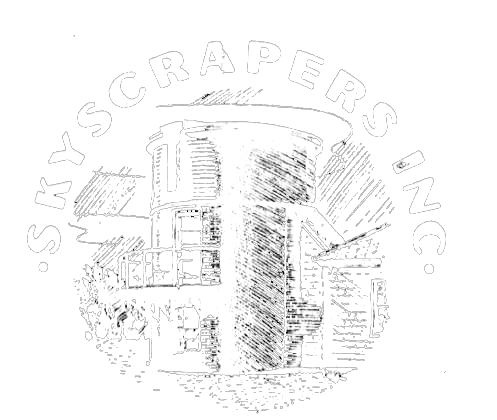
The Upcoming Transit of Mercury
April 2016 :
Although it’s not happening until next month, we really should prepare for something that doesn’t happen very often, and that caused major changes in history. Next month, on May 9th, the tiny planet Mercury will pass directly in front of, or transit, the Sun. Yes, for those of you who were fortunate to see one or both of the Venus transits in 2004 and 2012, the little ball that will be Mercury might not be as exciting as Venus, but there is history that should be kept in mind.
Only our two inferior planets, Mercury and Venus, can pass in front of the Sun, from our perspective. Venus does so in one of the more unique cycles in nature: four times in 243 years. Mercury, on the other hand, does transit more often, about a dozen times per century, but of course, being New England, viewing any of these phenomena is difficult with our weather patterns; however, if we do have a good morning Monday, May 9th, consider preparing yourself for observing something that doesn’t happen very often, for the next one won’t be until November, 2019.
The first observed Mercury transit was in 1631, by Pierre Gassendi, who tried, and failed, to also be the first to observe Venus that same year. However, it was Edmund Halley, the comet guy, who, while spending three years observing the skies on the island of St. Helena, not only observed Mercury transit the Sun, but realized that this configuration, of a body passing in front of the Sun, could be used to mathematically determine the distance between the Earth and the Sun, the astronomical unit, the standard for the distances to all the planets. As Mercury is so small, Halley realized that observing Venus would be a much easier planet to utilize. This concept became the focus of observing journeys around the world for centuries.
Observing Mercury transit the Sun is not an easy thing to do, as you must be very careful, as you will be looking directly at the Sun, and must take all precautions necessary to avoid hurting your eye. If the skies are clear, Ladd Observatory will be open for safe viewing from sunrise to Mercury’s exit from the ball of the Sun in the early afternoon. Also, Ian Dell-Antonio will be speaking on Mercury transits Saturday, May 7th, as part of his famous Sun presentation, which will be the opening to the Skyscrapers springtime set of workshops. As Mercury won’t transit the Sun for another three years, please make every effort to both learn more about this historic event and observe something that doesn’t happen very often.
2013 Transit of Mercury. SOHO/EIT, SOHO/MDI (ESA & NASA)



